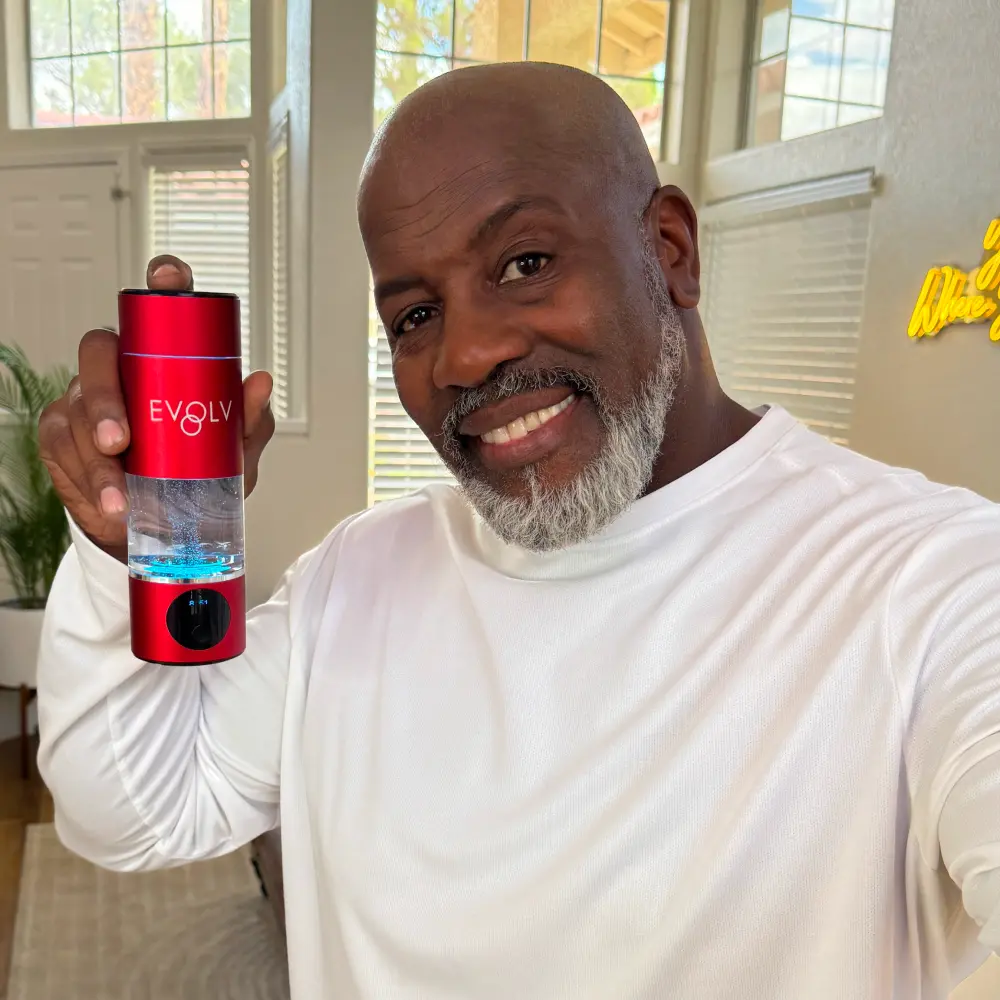
When it comes to selecting the optimal water filtration method, two prominent options often considered are hydrogen water and reverse osmosis (RO). Each offers distinct benefits and potential drawbacks. This article delves into both methods, providing insights to help you make an informed decision based on your health goals and water quality needs.
Understanding Reverse Osmosis (RO) Filtration
Reverse osmosis is a widely adopted water purification process that employs a semi-permeable membrane to remove contaminants from water. By applying pressure, water molecules are forced through this membrane, leaving impurities behind.
This process is highly effective in eliminating heavy metals, chemicals, bacteria, and viruses, making it one of the most trusted filtration methods worldwide.
However, it also strips away beneficial minerals, which is why many systems now include a remineralization stage to restore essential nutrients to the water.
Advantages of Reverse Osmosis
Effective Contaminant Removal: RO systems can eliminate up to 99.99% of contaminants, including lead, arsenic, nitrates, and bacteria, ensuring safe drinking water.
Improved Taste and Odor: By removing impurities, RO water often has a more pleasant taste and smell.
Disadvantages of Reverse Osmosis:
Mineral Depletion: The RO process removes beneficial minerals like calcium and magnesium, which can result in water with a flat taste and reduced health benefits. Some systems address this by adding minerals back into the water .
Water Waste: For every gallon of purified water produced, RO systems can waste between 3 to 25 gallons of water, making them less water-efficient.
Acidic pH Levels: The demineralization process can lead to slightly acidic water, which may not be ideal for regular consumption .
Exploring Hydrogen Water
Hydrogen water is water infused with molecular hydrogen (H₂) gas, known for its potential antioxidant properties. It may help neutralize free radicals and support overall health, making it a popular choice for those seeking functional hydration. Some studies also suggest it may aid in reducing inflammation, improving energy levels, and enhancing athletic performance.
Advantages of Hydrogen Water:
Antioxidant Properties: Molecular hydrogen acts as an antioxidant, potentially neutralizing harmful free radicals in the body .
Enhanced Hydration: Some studies suggest that hydrogen-rich water may improve hydration levels more effectively than regular water .
Potential Health Benefits: Regular consumption has been linked to reduced inflammation, improved metabolism, and better athletic performance .
Disadvantages of Hydrogen Water:
Limited Research: While promising, the scientific community is still exploring the full extent of hydrogen water's health benefits.
Cost and Accessibility: Hydrogen water generators can be expensive, and pre-packaged hydrogen water has a limited shelf life, making it less accessible for some consumers.
Comparative Analysis: Which is Best for You?
When deciding between reverse osmosis and hydrogen water, consider the following factors:
Water Purity vs. Health Benefits: If your primary goal is to remove contaminants and ensure water purity, an RO system is highly effective. However, if you're seeking potential health benefits associated with antioxidants and enhanced hydration, hydrogen water may be more suitable.
Mineral Content: RO systems remove both harmful contaminants and beneficial minerals. If you opt for RO, consider a system that includes remineralization to reintroduce essential minerals. Hydrogen water retains these minerals and adds molecular hydrogen for additional benefits.
Environmental Considerations: RO systems can waste significant amounts of water during the filtration process. Hydrogen water systems are generally more water-efficient, making them a more environmentally friendly option.
Conclusion
Both reverse osmosis and hydrogen water offer unique advantages. Your choice should align with your specific health objectives, water quality concerns, and environmental considerations. Consulting with a water quality expert can provide personalized recommendations tailored to your needs.
References
Aquasana. (n.d.). The Benefits of Reverse Osmosis Water. Retrieved from https://www.aquasana.com/info/the-pros-and-cons-of-reverse-osmosis-filtration-pd.html
ZeroB Hydrolife. (n.d.). Hydrogen Water Generator VS RO Purifier. Retrieved from https://zerobhydrolife.co.in/hydrogen-water-generator-vs-ro-purifier/
WWD Magazine. (n.d.). Reverse Osmosis Water Benefits & Disadvantages. Retrieved from https://www.wwdmag.com/wastewater-treatment/news/10926022/reverse-osmosis-water-benefits-disadvantages
Culligan Water. (n.d.). Benefits & Cons of a Home Reverse Osmosis System. Retrieved from https://www.culligan.com/blog/the-benefits-of-having-a-reverse-osmosis-filtration-system-at-home










